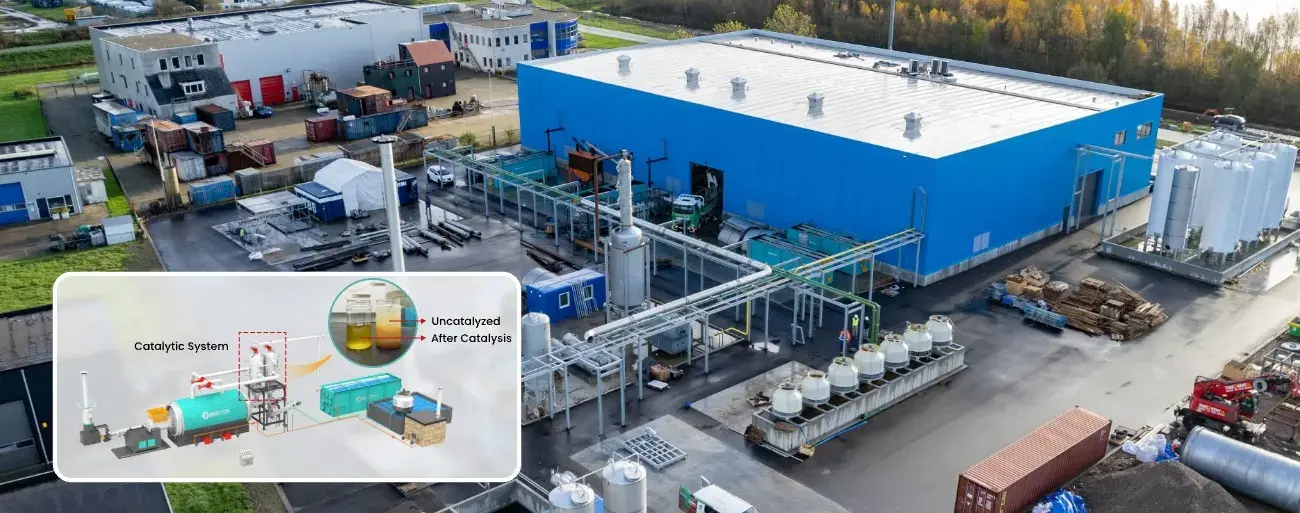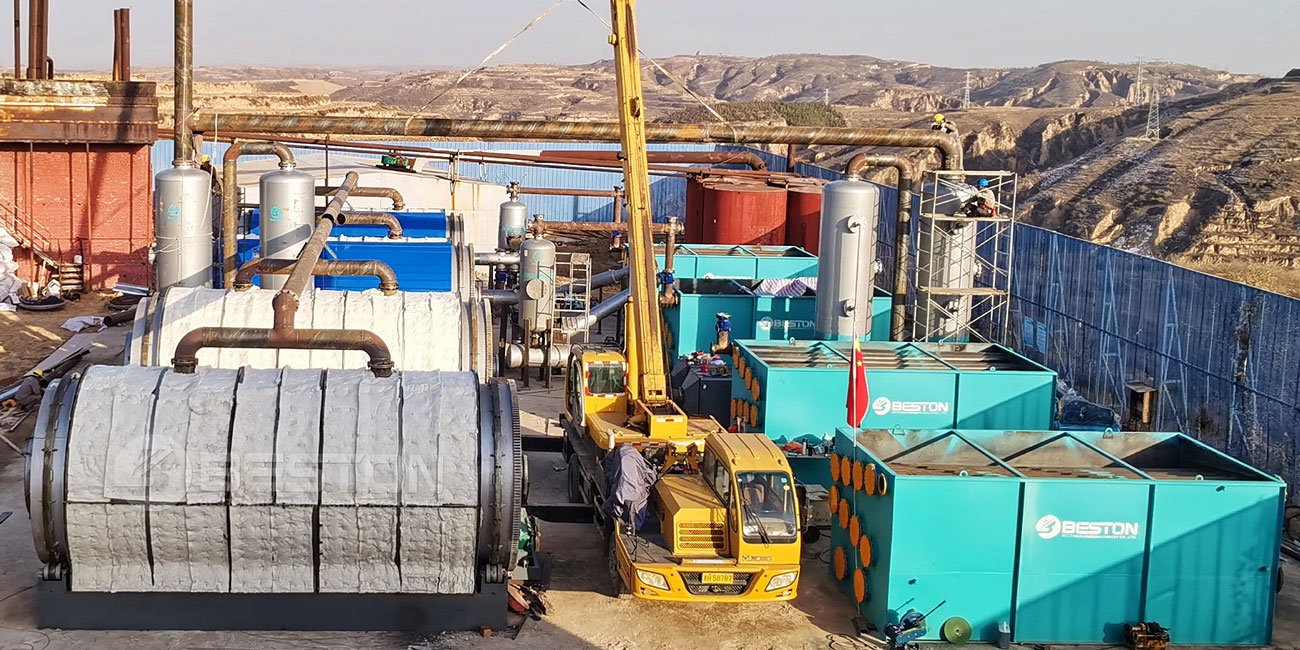Beston Group is a leading manufacturer and supplier of innovative waste management solutions. Among their wide array of products, the plastic pyrolysis plant and the thermal desorption unit (TDU) stand out for their efficiency and environmental benefits. This article will delve into these two types of pyrolysis plants, exploring their features, applications, and benefits.
The Principle of Pyrolysis
Pyrolysis is a thermochemical process that decomposes organic material at elevated temperatures in the absence of oxygen. It is a versatile technique used in waste management, energy production, and material recovery. Beston Group’s pyrolysis plant is designed with this principle to process waste plastics and oil sludge.
Plastic Pyrolysis Plant
The plastic pyrolysis plant by Beston Group is designed to convert waste plastics into valuable resources, such as fuel oil, carbon black, and combustible gas. This process not only helps in managing plastic waste but also provides a sustainable source of energy and raw materials.
How It Works
The plastic pyrolysis process involves heating waste plastics in an oxygen-free environment. The absence of oxygen prevents combustion, allowing the plastics to decompose into smaller molecules. The key stages in the process include:
- Feeding: Waste plastics are fed into the reactor.
- Pyrolysis: The reactor is heated to a high temperature, causing the plastics to break down.
- Condensation: The resulting vapor is condensed into liquid oil.
- Collection: The final products, including fuel oil and carbon black, are collected for further use or sale.
Applications and Benefits
The plastic pyrolysis plant has a wide range of applications and benefits, including:
- Reducing landfill waste: By converting plastic waste into valuable products, the plant helps reduce the burden on landfills.
- Energy production: The fuel oil produced can be used as a substitute for traditional fossil fuels.
- Environmental protection: The process minimizes the release of harmful pollutants and greenhouse gases.
- Economic benefits: The sale of by-products like fuel oil and carbon black provides a source of revenue.

Thermal Desorption Unit (TDU)
The thermal desorption unit (TDU) is another advanced solution offered by Beston Group. This unit is specifically designed for the treatment of hazardous waste, such as oil-contaminated soil, sludge, and industrial waste.
How It Works
The thermal desorption unit operates by heating the contaminated materials to a high temperature, causing the volatile contaminants to vaporize. The key stages in the process include:
- Feeding: Contaminated materials are fed into the unit.
- Heating: The materials are heated to a temperature where contaminants vaporize.
- Gas treatment: The vaporized contaminants are treated and condensed into liquid form for safe disposal.
- Residue treatment: The treated solid residue is collected and can often be reused or safely disposed of.
Applications and Benefits
The TDU is highly effective in handling various types of hazardous waste, offering several benefits:
- Environmental protection: The unit effectively removes contaminants, reducing the risk of soil and water pollution.
- Resource recovery: Treated materials can often be reused, contributing to a circular economy.
- Compliance: The process ensures that waste treatment meets regulatory standards.
- Versatility: The TDU can handle a wide range of hazardous materials, making it a versatile solution for waste management.

Conclusion
Beston Group’s plastic pyrolysis plant and thermal desorption unit are exemplary solutions in the field of waste management. By converting waste into valuable resources and safely treating hazardous materials, these plants play a crucial role in promoting environmental sustainability and economic growth. Whether dealing with plastic waste or hazardous contaminants, Beston Group provides reliable and efficient technologies to meet diverse waste management needs.